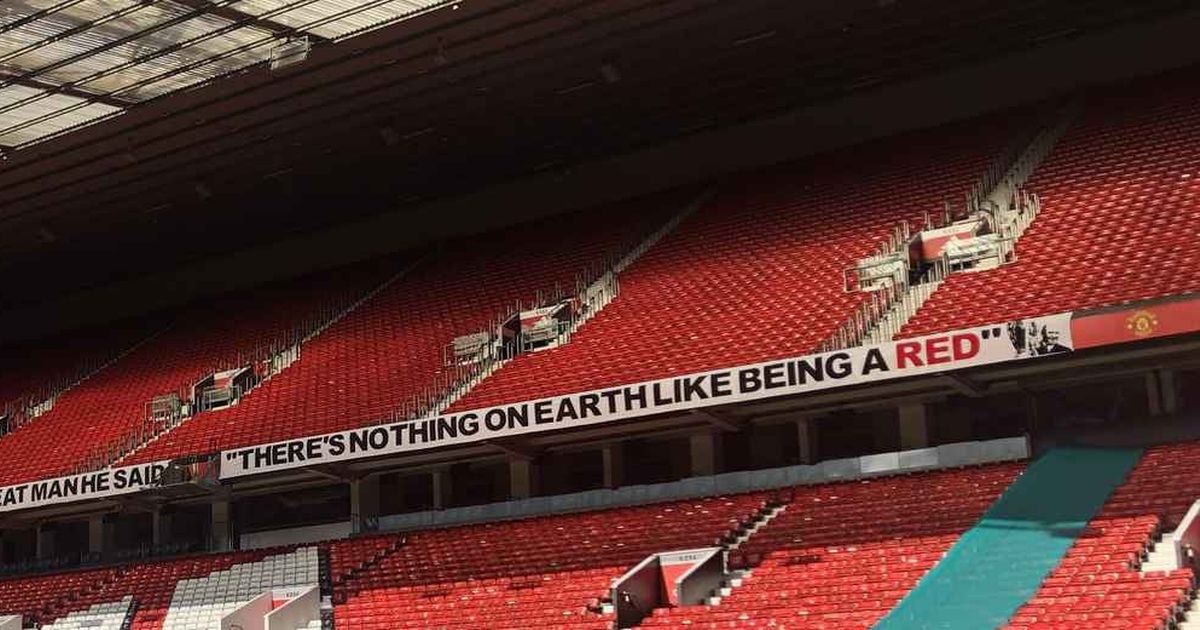Old Trafford, a stadium steeped in legend, has witnessed its share of drama. Yet, even for a club accustomed to the roller-coaster of top-flight football, the atmosphere around Manchester United currently feels uniquely charged. What began as a season with cautious optimism, despite an early setback against Arsenal, has rapidly devolved into a genuine crisis. The latest wound, a stinging exit from the EFL Cup at the hands of fourth-division Grimsby Town, has not merely deepened the gloom but has cast a stark spotlight on the club`s precarious state.
To be eliminated by a team three divisions below is, by any measure, a monumental upset. But it`s not just the result; it`s the manner of it. Manager Ruben Amorim deployed a largely first-choice XI, suggesting an intent to progress, only to witness a performance devoid of conviction. Amorim has since articulated a concern shared by many observers: a team seemingly paralyzed by the pressure of results, struggling to execute the fundamental tenets of the game. In football, as in life, when the spiral begins, breaking free demands more than just effort; it requires a profound shift in mentality and execution.
The immediate focus turns to the upcoming Premier League fixture against newly-promoted Burnley. On paper, it presents a golden opportunity for redemption, a `get-right` moment. Yet, as Manchester United has demonstrated with unnerving consistency this season, expecting a straightforward victory against any opponent has become a perilous assumption. The tactical formation under Amorim, a 3-4-3 featuring Matheus Cunha and Bryan Mbuemo leading the line, with Bruno Fernandes and Casemiro behind them, appears to be a double-edged sword. Fernandes, the orchestrator-in-chief, continues to weave chances, but his deeper positioning, while perhaps intended to add control, seems to have blunted his attacking threat and, somewhat ironically, exposed the defense further. A third center-back or an additional defensive midfielder might seem an overcorrection for a match against Burnley, but the current configuration evidently lacks the necessary balance.
Three matches without a win is a concerning streak for any club with Manchester United`s aspirations. Failing to secure three points against Burnley at Old Trafford risks amplifying the negativity to an unbearable degree. It`s a rather premature declaration, but this match carries the weight of a `must-win` encounter. The irony isn`t lost on anyone: a club of United`s stature, just weeks into a new campaign, facing an existential test against a team freshly ascended from the Championship. For new signings like Cunha and Benjamin Sesko, the wait for their inaugural goals in United colours must feel like an immense burden. Their breakthroughs could be the vital spark, the release of pressure that allows the team to breathe and, crucially, to perform. But if those moments don`t arrive soon, the whispers of `other changes` will inevitably grow louder.
Manchester United stands at a crossroads. The Burnley match isn`t just about three points; it`s about reclaiming identity, rebuilding confidence, and demonstrating a clear path forward. It`s a test for Amorim`s leadership, for Fernandes`s captaincy, and for the collective resolve of a squad that appears to be grappling with its own potential. The global fanbase, ever-loyal yet increasingly frustrated, watches with bated breath. Will Old Trafford, once a fortress of dreams, provide the catalyst for a much-needed resurgence, or will it bear witness to another chapter in a season threatening to unravel prematurely? The answer, as always, will be written on the pitch.

